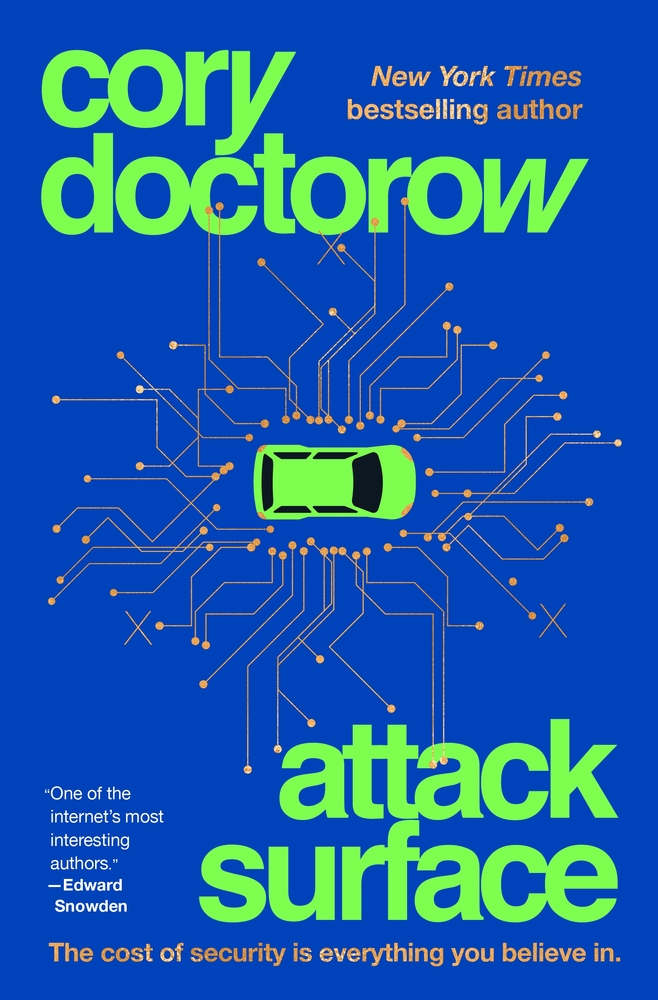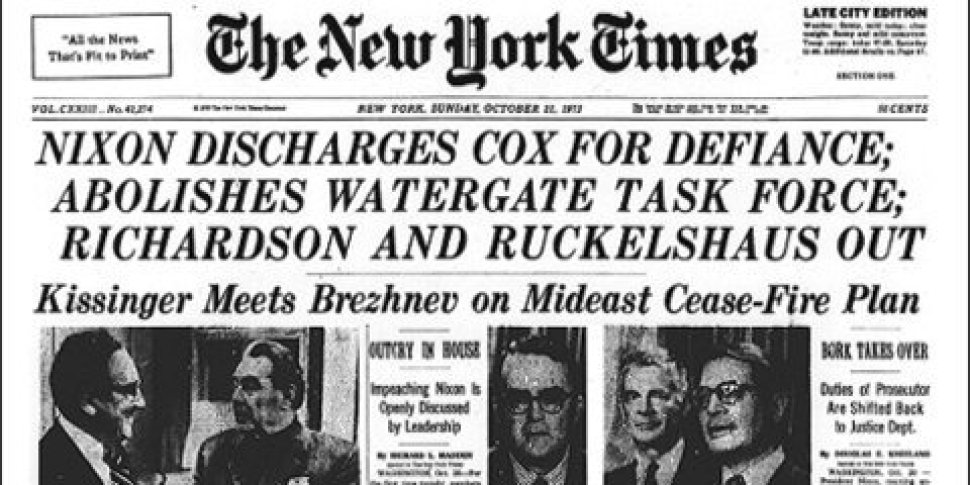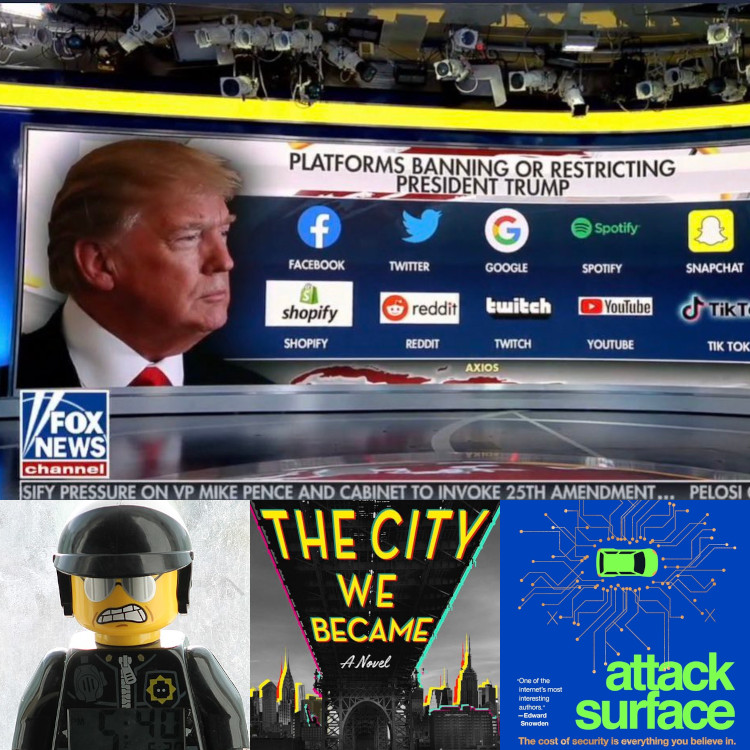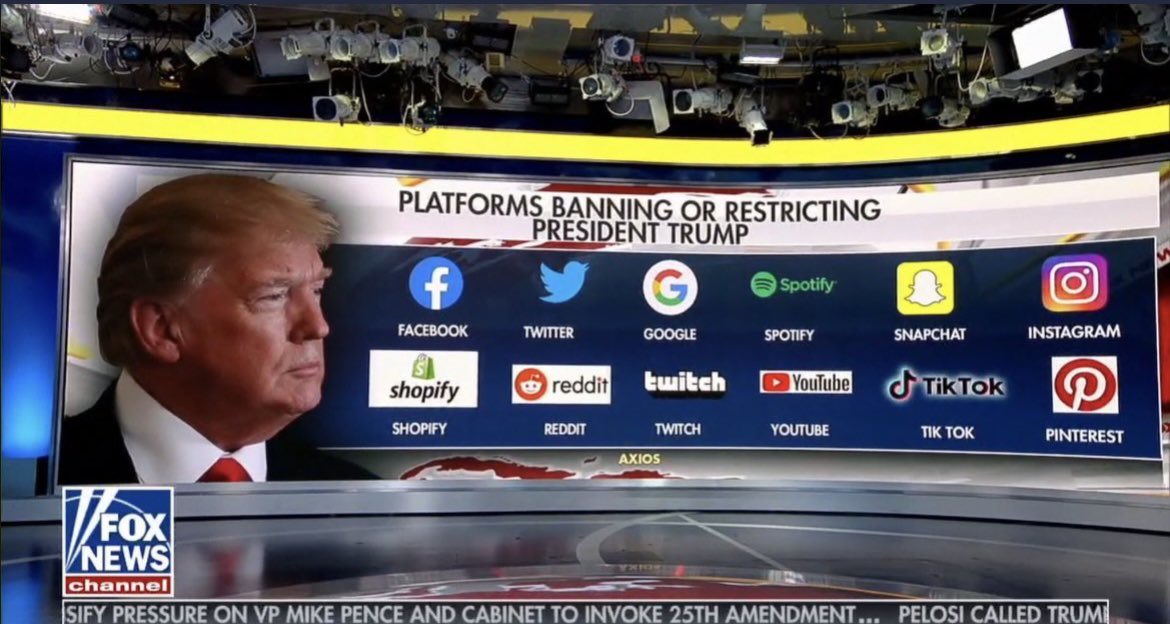
Well this is pretty terrific: @PavelAnni was so taken with my 2020 novel ATTACK SURFACE (the third Little Brother novel) that he's created "Mashapedia," a chapter-by-chapter breakdown of the real world technologies in the tale.
pavelanni.github.io/attack-surface…
1/
pavelanni.github.io/attack-surface…
1/

Pavel is both comprehensive and comprehensible, with short definitions and links for the mundane (MIT Media Lab, EL wire, PGP) to the exotic (binary transparency, reverse shells, adversarial preturbation).
2/
2/
When I was an adolescent, my friend group traded secret knowledge as a kind of social currency - tricks for getting free payphone calls, or doubling the capacity of a floppy disc, or calling the White House switchboard.
3/
3/
I doted on books that promised more of the same: Paladin Press and Amok Catalog titles, Steal This Book, the Anarchist Cookbook, the Whole Earth Review and the Whole Earth Catalog.
4/
4/
But when I sat down in 2006 to write the first Little Brother book, I realized that facts were now cheap - anything could be discovered with a single search. The thing in short supply now was search terms - knowing what to search FOR.
5/
5/
As John Ciardi wrote,
The old crow is getting slow;
the young crow is not.
Of what the young crow does not know,
the old crow knows a lot.
The young crow flies above, below,
and rings around the slow old crow.
What does the fast young crow not know?
WHERE TO GO.
6/
The old crow is getting slow;
the young crow is not.
Of what the young crow does not know,
the old crow knows a lot.
The young crow flies above, below,
and rings around the slow old crow.
What does the fast young crow not know?
WHERE TO GO.
6/
So I set out to write a book of realistic scenarios, dramatizing what tech COULD do, on the assumption that readers would glean those all-important search-terms from the tale, and that this could launch them on a voyage of discovery.
7/
7/
That's the ethic I've stuck with through all three novels and the short stories in the series. It seems to have worked. Anni's Mashapedia is the apotheosis of that plan: a comprehensive set of search terms masquerading as a glossary.
8/
8/
Anni's hosted Mashapedia on Github, and you can amend, extend or contest his definitions by opening an issue in the repo. What a delight!
eof/
eof/
• • •
Missing some Tweet in this thread? You can try to
force a refresh








